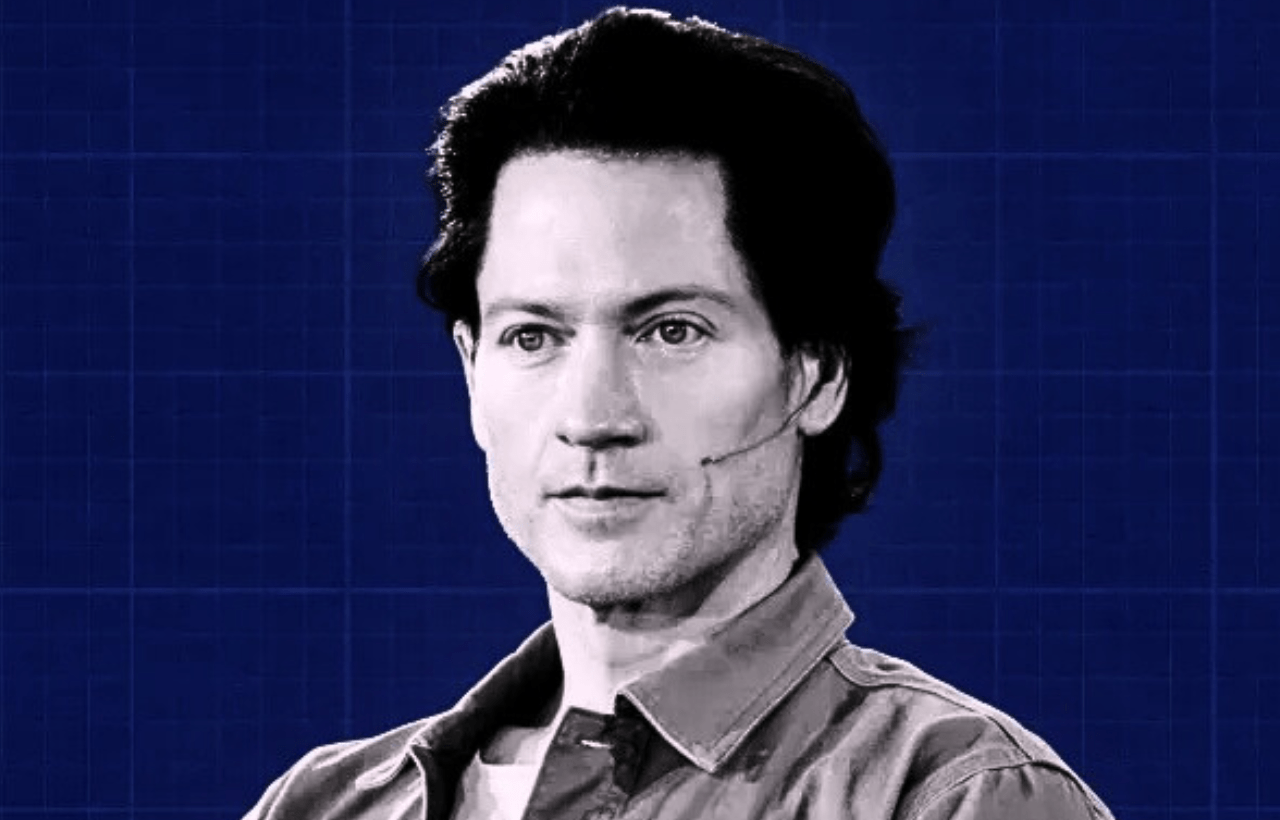Now Reading: Inside Bryan Johnson NDAs: Unmasking the Anti-Aging Visionary’s Bizarre Tactics
- 01
Inside Bryan Johnson NDAs: Unmasking the Anti-Aging Visionary’s Bizarre Tactics

Inside Bryan Johnson NDAs: Unmasking the Anti-Aging Visionary’s Bizarre Tactics
Bryan Johnson is no stranger to headline-making ventures in the tech and anti-aging worlds. Recently, his aggressive use of Bryan Johnson NDAs—strict nondisclosure agreements designed to silence employees over his bizarre behavior—has cast a controversial light on this high-profile innovator. Whether you’re a tech enthusiast, an anti-aging aficionado, or simply curious about corporate secrecy, this deep dive uncovers the intricate layers behind the headlines.
The Hidden World of NDAs in Tech and Anti-Aging Innovation
In today’s competitive landscape, companies and entrepreneurs often rely on NDAs to protect sensitive information. However, when strict agreements are used to deter employees from speaking out about questionable behavior, questions arise about transparency and ethics.
What Are NDAs and Why Do They Matter?
NDAs, or nondisclosure agreements, are legal documents designed to keep company secrets safe. For figures like Bryan Johnson, whose ventures stretch from payment processing to cutting-edge anti-aging experiments, NDAs can help protect intellectual property and confidential strategies. But when these agreements also serve as tools to silence internal concerns, the conversation shifts from legal protection to ethical dilemmas.
Bryan Johnson NDAs: Shield or Silence?
Reports indicate that Johnson has employed especially strict NDAs to prevent employees from discussing his unorthodox practices and unconventional demeanor. Critics argue that such measures not only stifle honest feedback but may also cover up potential risks inherent in his anti-aging experiments. This tactic has sparked debates about accountability in industries where groundbreaking innovation meets personal eccentricity.
Bizarre Behavior or Visionary Trends? Unpacking the Controversy
Bryan Johnson’s reputation as an anti-aging enthusiast is built on relentless experimentation and a commitment to pushing human limits. Yet, alongside impressive breakthroughs lies behavior that some describe as peculiar—even bizarre.
The Strange Side of Anti-Aging Entrepreneurship
Johnson’s commitment to exploring human longevity has led him to adopt extreme lifestyle and work practices. Reports from former employees depict an environment where radical ideas and strict regulations coexisted with moments of unusual behavior. From unconventional office protocols to eccentric personal routines, there’s a growing narrative that his visionary ambition might be overshadowed by erratic conduct.
Employee Perspectives: Voices Silenced Under Strict NDAs
Several former employees have hinted, under conditions of anonymity and strict NDA constraints, that their experiences extended beyond typical corporate challenges. Some describe an atmosphere where questioning leadership was discouraged by the looming threat of legal repercussions. These accounts raise significant questions:
- Was Johnson’s behavior a necessary part of innovative risk-taking?
- Or did the NDAs foster a culture of fear that ultimately hindered a healthy exchange of ideas?
While both sides of the argument bring forward compelling points, the broader industry is now forced to address the balance between protecting trade secrets and nurturing an environment of open communication.
The Impact on Anti-Aging Research and Corporate Culture
Bryan Johnson’s controversial employment practices have broader implications—not just for his company, but for the emerging field of anti-aging research.
Navigating Innovation and Ethical Responsibility
In the rapidly evolving world of anti-aging science, skepticism and accountability are crucial. Excessively strict NDAs may protect proprietary methods; however, they can also inhibit ethical scrutiny and innovation. When employees feel silenced, the potential for unaddressed risks in experimental procedures increases, posing questions for both investors and regulators.
A Glimpse Into the Future of Employee Rights in Tech
This controversy signals a critical turning point. As more tech companies push the boundaries of human longevity and performance, will we see a recalibration of NDA policies? Industry insiders suggest that fostering transparent, open environments is key to long-term success—even if it means sacrificing a bit of secrecy.
Below is a brief overview of key aspects surrounding this issue:
| Aspect | Details |
|---|---|
| Policy Focus | Strict NDAs meant to protect innovations and, controversially, silence dissent among employees. |
| Reported Behavior | Unconventional and sometimes bizarre work practices tied to anti-aging experiments and extreme personal routines. |
| Employee Impact | A culture of fear where questioning internal practices could lead to legal repercussions, stifling honest feedback and open dialogue. |
| Industry Implications | Calls for a review and potential revision of NDA use in tech companies, especially where groundbreaking innovation intersects with personal quirks. |
Conclusion
Bryan Johnson’s balancing act—between being a visionary anti-aging enthusiast and a controversial corporate leader—is emblematic of the challenges facing modern innovation. While NDAs are vital in protecting intellectual property, their misuse to silence legitimate employee concerns raises important ethical questions.
As industries evolve and push boundaries, it’s essential to create spaces where innovation thrives alongside transparency and accountability. In questioning whether silencing dissent is worth the cost of unchecked innovation, we may well pave the way for a more inclusive and ethically grounded future.
Disclaimer: This article is intended for informational purposes only and does not reflect a complete or definitive account of the events discussed. Readers are encouraged to conduct further research and consider multiple perspectives before drawing conclusions.











